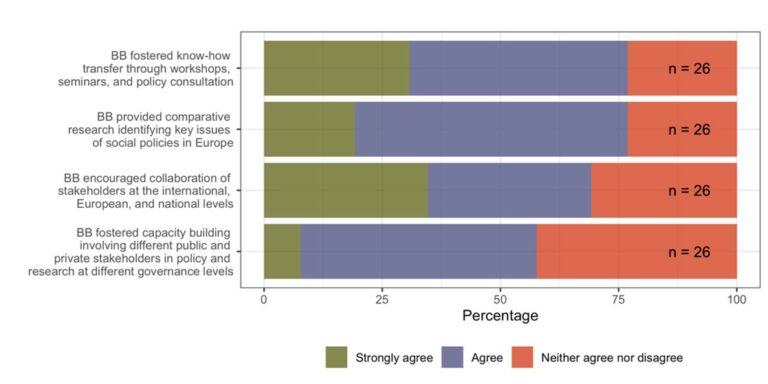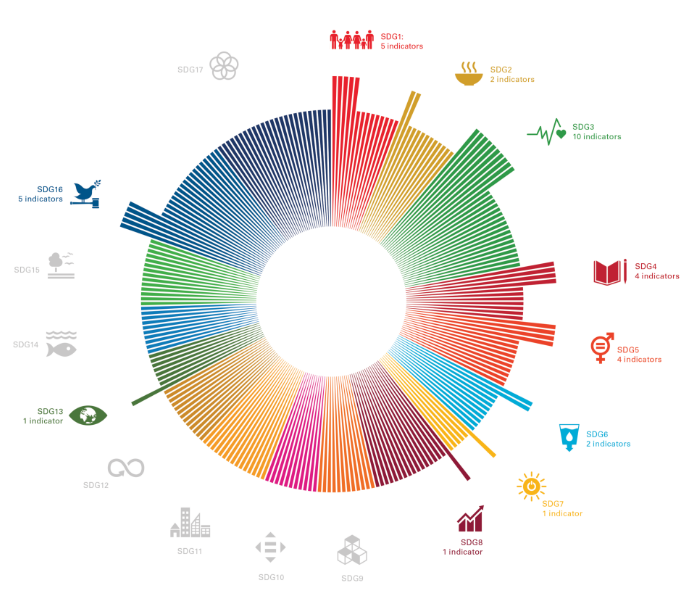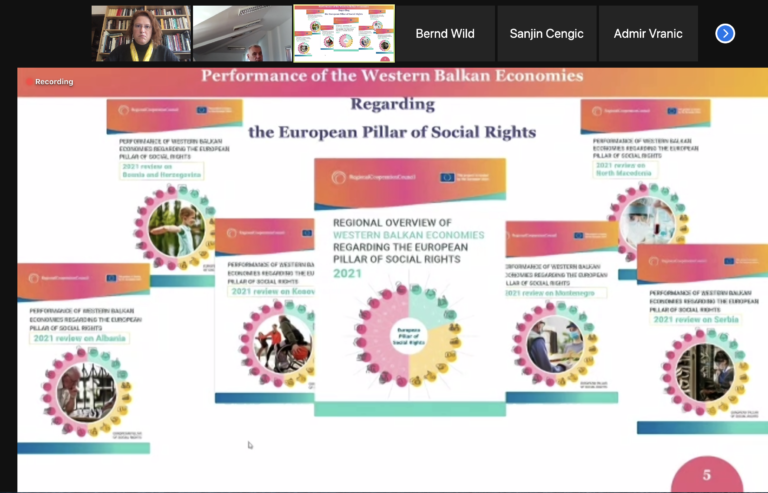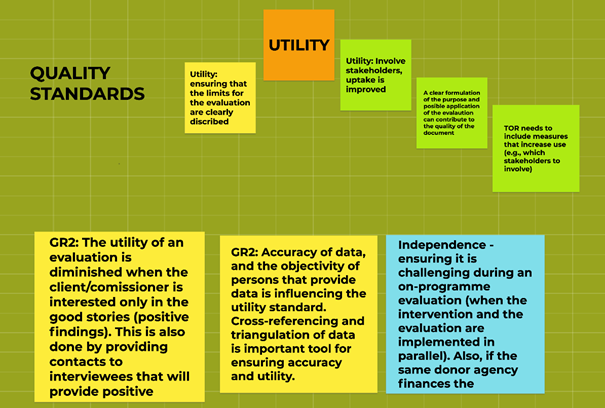Taking stock of the Bridge Building and Eastern European Social Policy Network initiatives
Policy Brief: Taking stock of the Bridge Building and Eastern European Social Policy Network initiatives by Kahlert et al. This policy brief takes stock of the Bridge Building (BB) and Eastern European Social Policy Network (EESPN) initiatives by capturing stakeholder feedback from the focal regions, i.e. the Western Balkan region and the Eastern Partnership countries….










